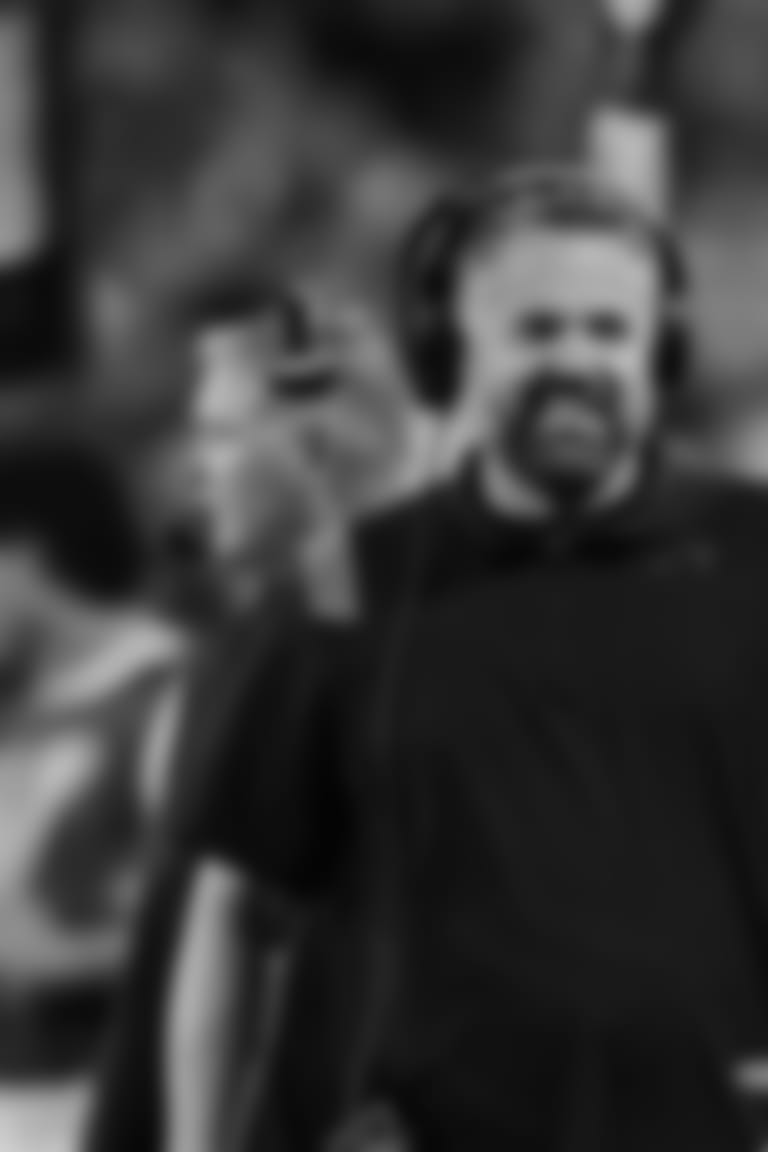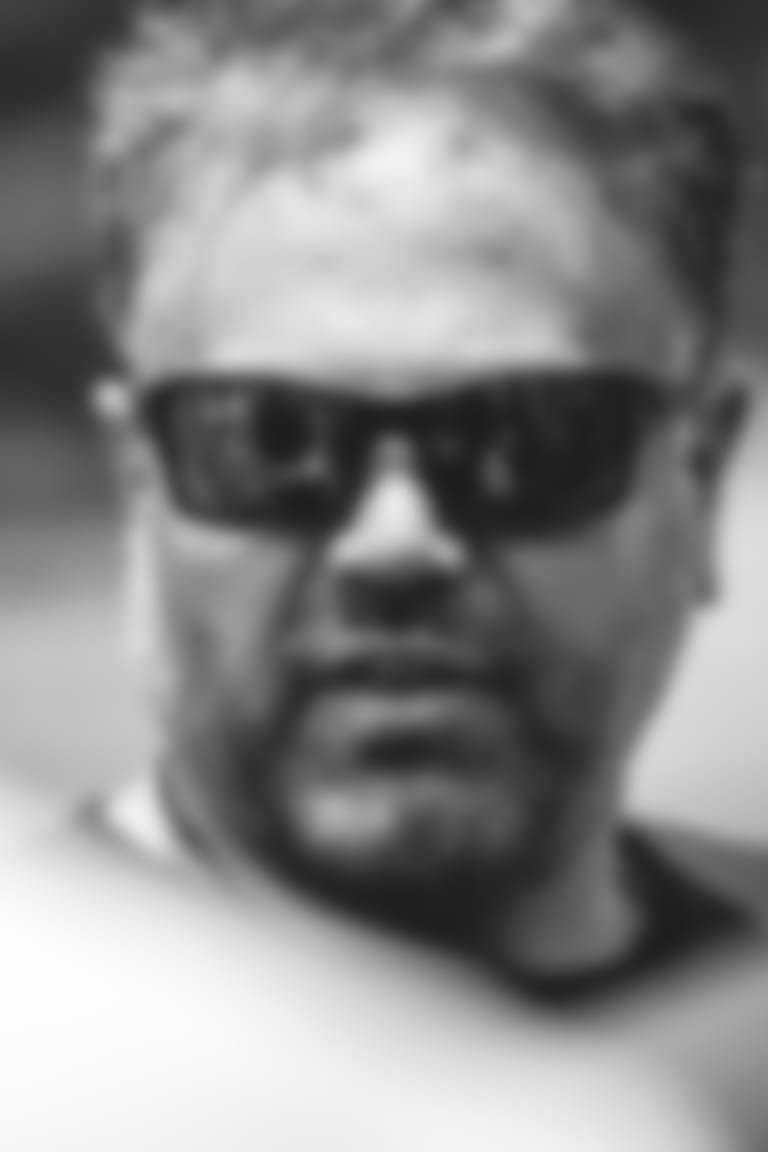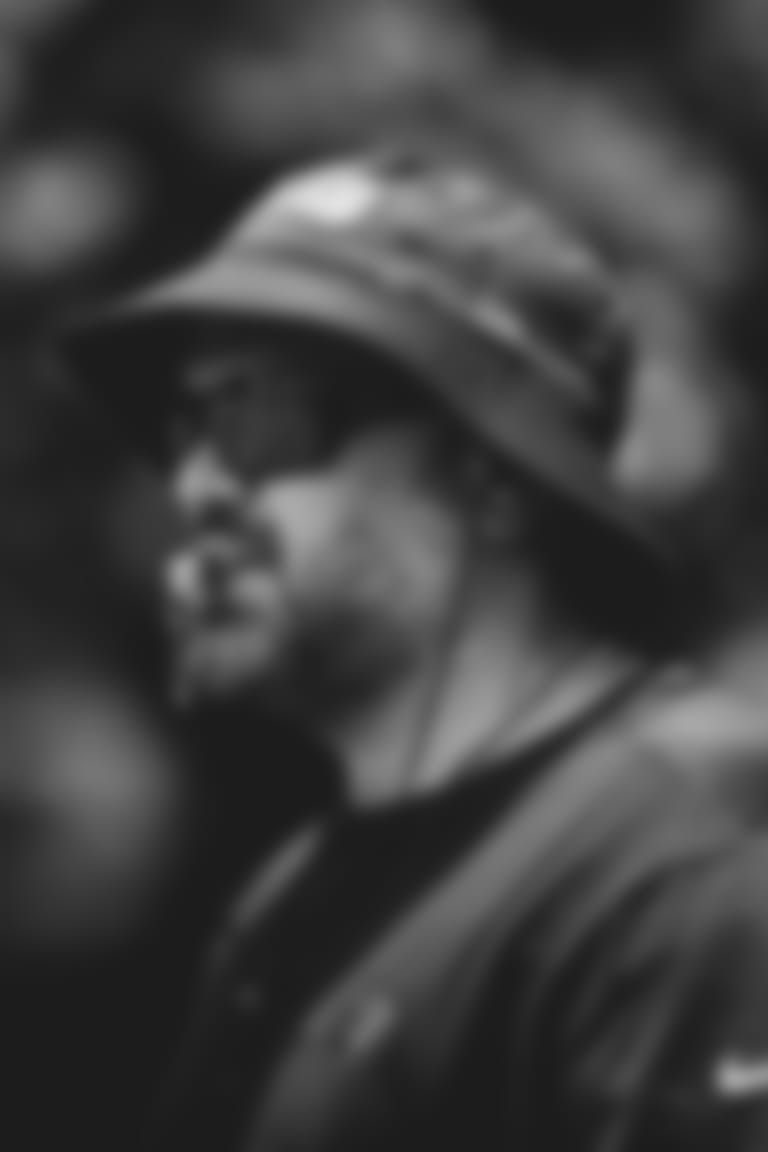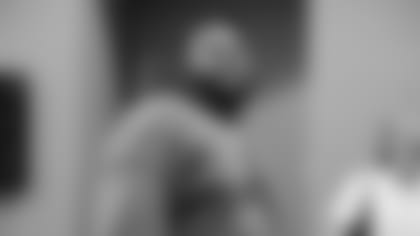It's worth noting that entering a pivotal offseason for the Panthers, Thompson was one of the leaders who made sure attendance at voluntary workouts was near-perfect. That wasn't the case with every team, as the NFLPA was leaning on players to not volunteer for everything. But Thompson was rounding up rookies and young players, and bringing them along.
That's what a transformation looks like.
"You come in, you're new, you have to learn 90 different people, where all the people who were here only had to learn one new person or a couple of different people," Rhule said. "I think any time you bring in change to an organization, whether you're coming from college or another NFL team or Antarctica, change is stressful for guys; there's anxiety. Once they get comfortable with it, once they understand, even if they don't necessarily like everything you do, once they understand what you do, there's just much more comfort to it.
"It just takes time for people to be able to understand, this is our process, this is what we do, this is why we do it, and at the same time, it's good when it starts to work, and when you get a chance to sit down and talk to people one on one. I didn't really have that much at first but certainly have more of it now."
Rhule didn't want to get into the details of conversations with Thompson, but he clearly didn't mind having high participation, and having players drive it. And having leaders like Thompson and Taylor Moton and other veterans helped create that environment.
"For me, coming in this offseason, it's like this is what we want to do; we'd love to have you be a part of it," Rhule said. "The spring was important for us. Everybody showing up was big. That's a credit to the players and the leaders on the team. Everybody showing up was important to make some progress football-wise, and get better as a team and get better as a person.
"I give a lot of credit to (Thompson) and Matt Paradis and Christian McCaffrey and T-Mo — they certainly were the catalysts in that."
Of course, a lot of that involves those players adapting to Rhule. He's the one in charge, so that's how it works. But he remembers during his one year with the Giants in 2012, hanging out in the parking lot with guard Chris Snee and their kids after games. There was just a seven-year age difference between the fathers, and Rhule learned that communication had to be natural, and not dependent on roles.
"I'm technically the coach, and he's technically the player, but we were two guys with families," he said. "I think if you ask the guys I coached in college, when you're dealing with young players, you're training players, they don't really know how to play the game the way you want. You're training them. At this level, you're coaching them; they're already trained.
"It's very much a symbiotic relationship. You give to them; they give to you. That collaborative process we have at this level, you want to have it at college with some of the players, but you have it way more here. But the great coaches give players what they need. You talk to each player; you listen, you give them what they need. That to me is the key to good coaching."
The guys who have seen him at both levels said they could see a change.
Haason Reddick played for Rhule at Temple, and was one of the most significant free-agent pickups of the offseason. While they wanted a guy who had 12.5 sacks and six forced fumbles to add to the defense, Rhule said it was also important to add guys who know how they want to work. So Reddick walked in the door knowing what to expect, and having seen that it worked.
"As far as things that are different, I want to say he's a little more relaxed. At certain points, he's a little calmer," Reddick said. "I think that's due to the fact he knows he's dealing with veteran players, and he has guys that made it. He's now coaching guys that have made it to the highest level of football. It's different than college, (with players) coming in from high school.
"This is the higher level; it is the NFL. I feel like he's a little more calm and relaxed. He's not so hard on players like he was when he was in college."


















